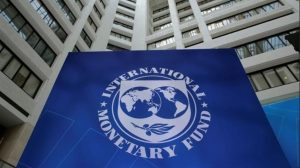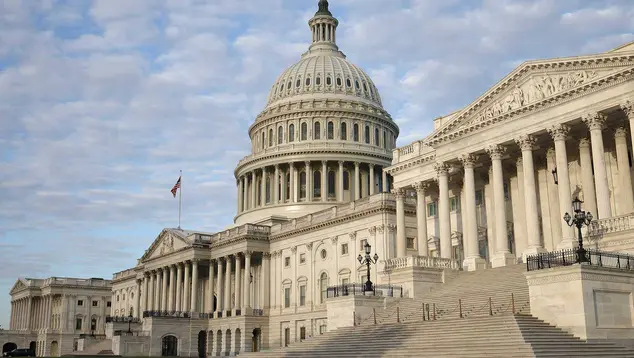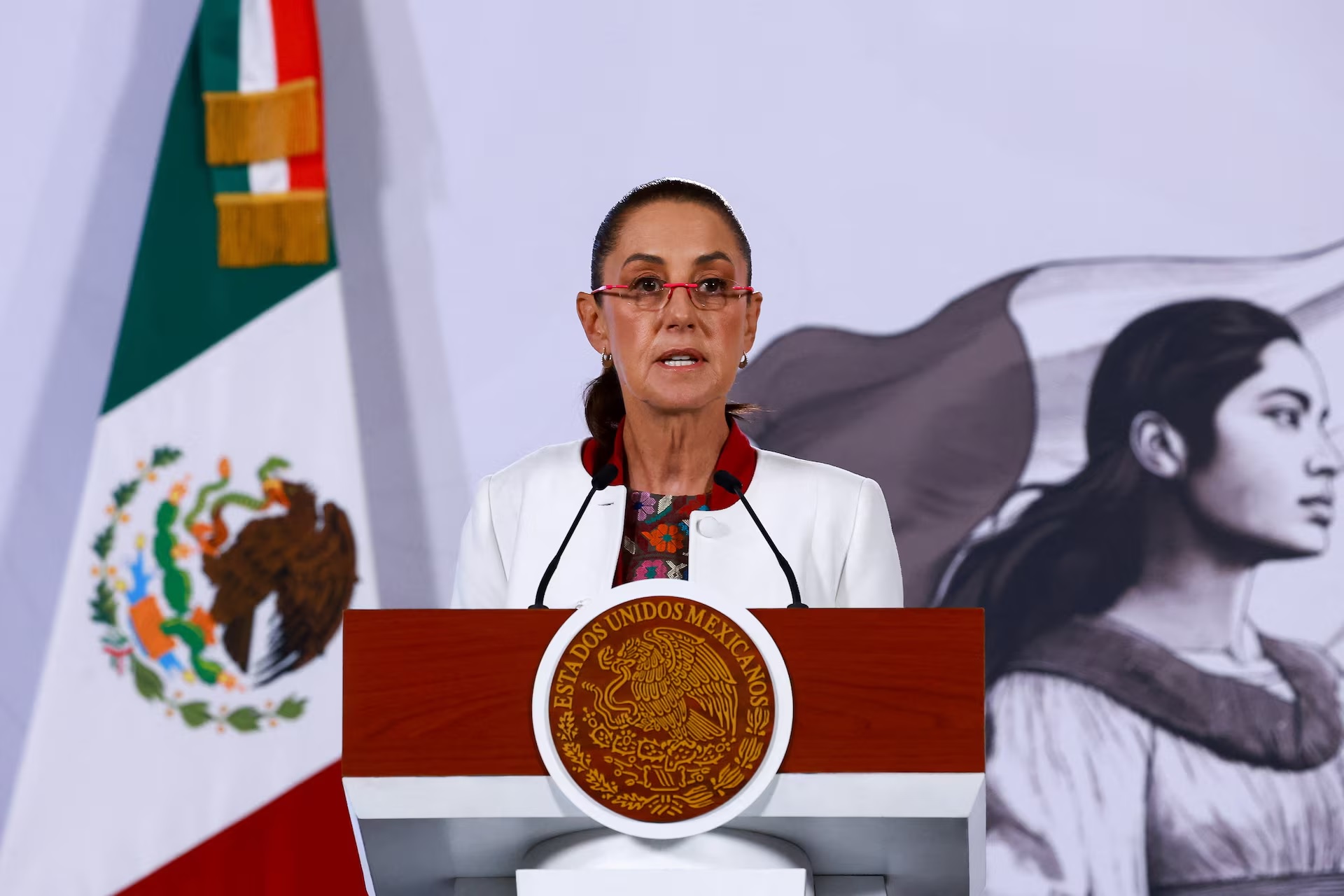Food Security Under Threat

Dhaka, May 25, 2025 — Bangladesh is grappling with an escalating food crisis, driven by a confluence of climate-induced disasters, economic instability, and dwindling international aid. Recent reports from global financial institutions highlight the severity of the situation, with millions facing acute food insecurity.
Climate Disasters Decimate Crops
In 2024, Bangladesh experienced devastating floods that destroyed approximately 1.1 million metric tons of rice, a staple food for the nation. These floods, caused by heavy monsoon rains and upstream runoff, affected millions, particularly in the eastern and northern regions. The agricultural losses are estimated at around 45 billion taka ($380 million), prompting the government to import 500,000 tons of rice to stabilize food prices.
Economic Turmoil Exacerbates Food Insecurity
The country’s economic challenges have compounded the food crisis. Inflation has surged, with food prices increasing nearly 20% in recent months. The interim government, led by Nobel laureate Muhammad Yunus, has implemented reforms to address the economic downturn, including seeking financial assistance from international partners.

International Aid and Reforms
In response to the crisis, Bangladesh has secured significant financial support. The International Monetary Fund (IMF) is set to release $1.3 billion in June 2025, following the completion of the fourth and fifth reviews of a $4.7 billion loan program. This funding aims to bolster the country’s foreign reserves and support economic reforms. Moreover, the World Bank has pledged over $2 billion to support Bangladesh’s reform initiatives, flood response, and healthcare improvements. An extra $1 billion will be repurposed from existing programs, totaling about $3 billion in loans and grants for the fiscal year ending June 2025.
Rohingya Refugees Face Acute Challenges
The Rohingya refugee population in Cox’s Bazar is particularly vulnerable. In March 2025, the World Food Programme cut food rations in half for over a million refugees due to funding shortfalls. The monthly food voucher was reduced from 1,515 Bangladeshi taka to 726 taka per person, significantly impacting nutrition and well-being.

Future Outlook
Despite international support, severe challenges persist. The World Bank’s May 2025 Food Security Update indicates that acute hunger has grown globally for the sixth consecutive year, with 295 million people facing high levels of acute food insecurity. Bangladesh is experiencing significant pressure due to rising food prices and economic vulnerabilities.
Addressing these challenges requires coordinated efforts, including policy reforms, investment in climate-resilient agriculture, and sustained international support. Without decisive action, the food crisis may deepen, affecting millions more in the near future.





















